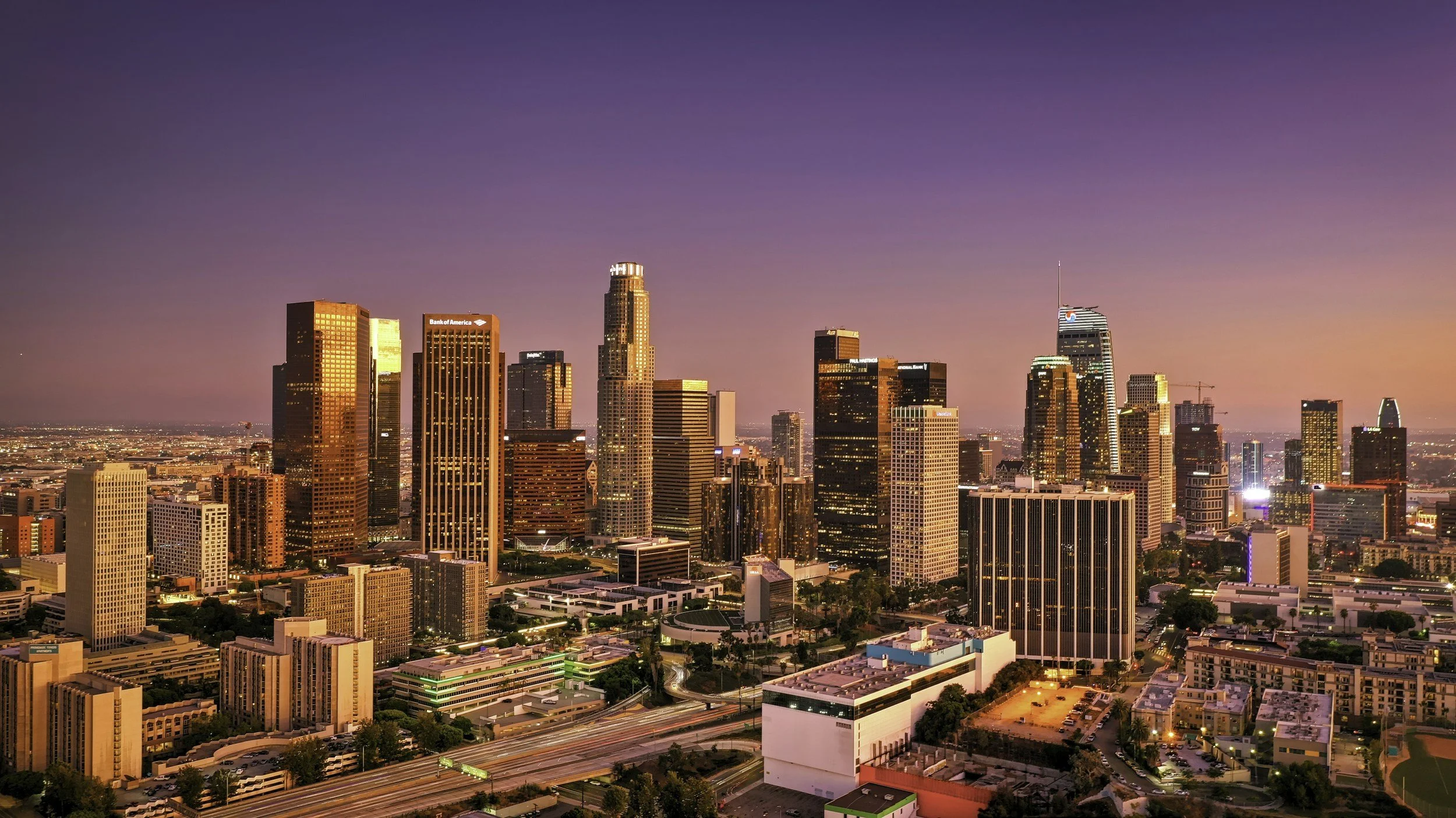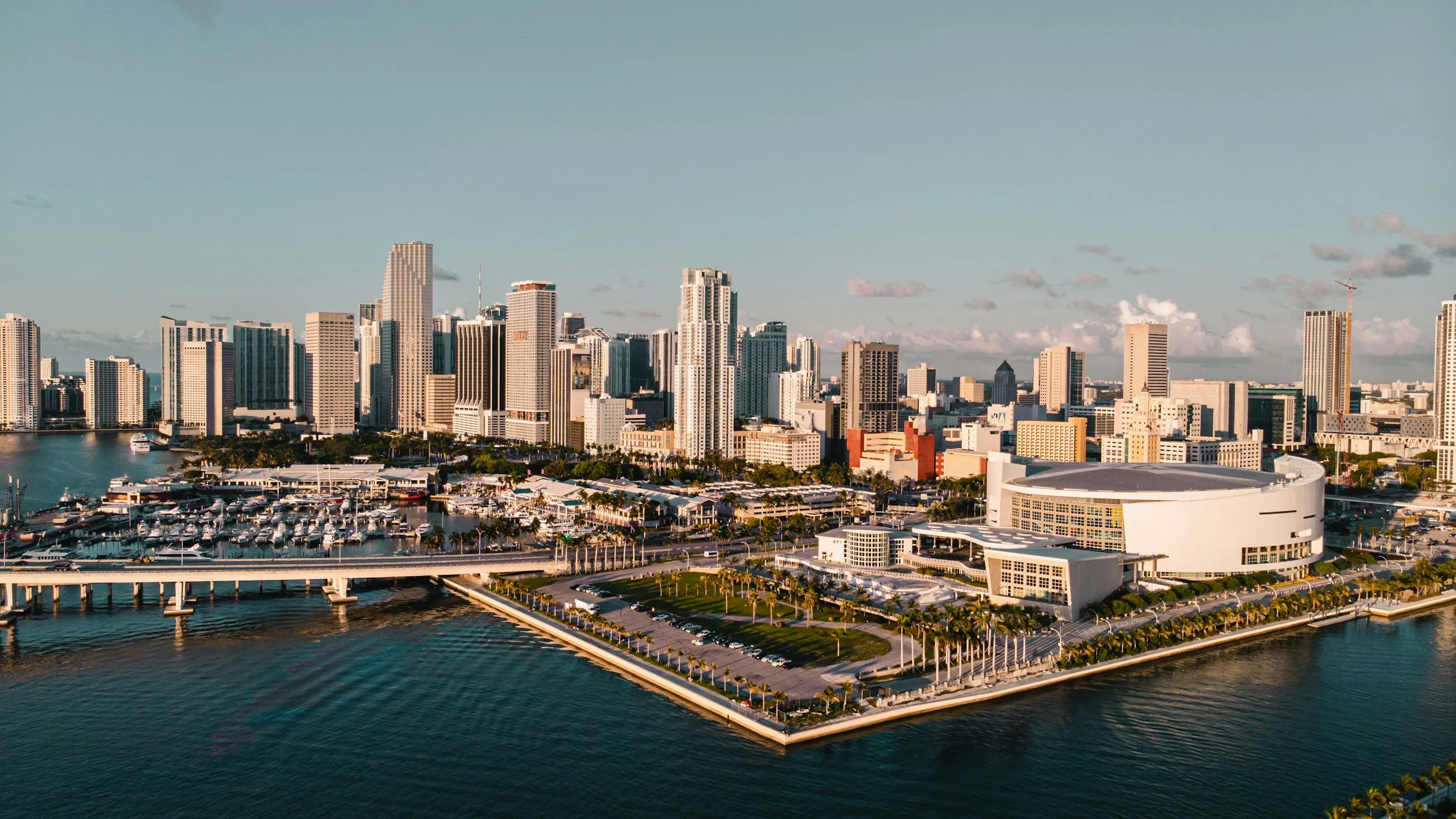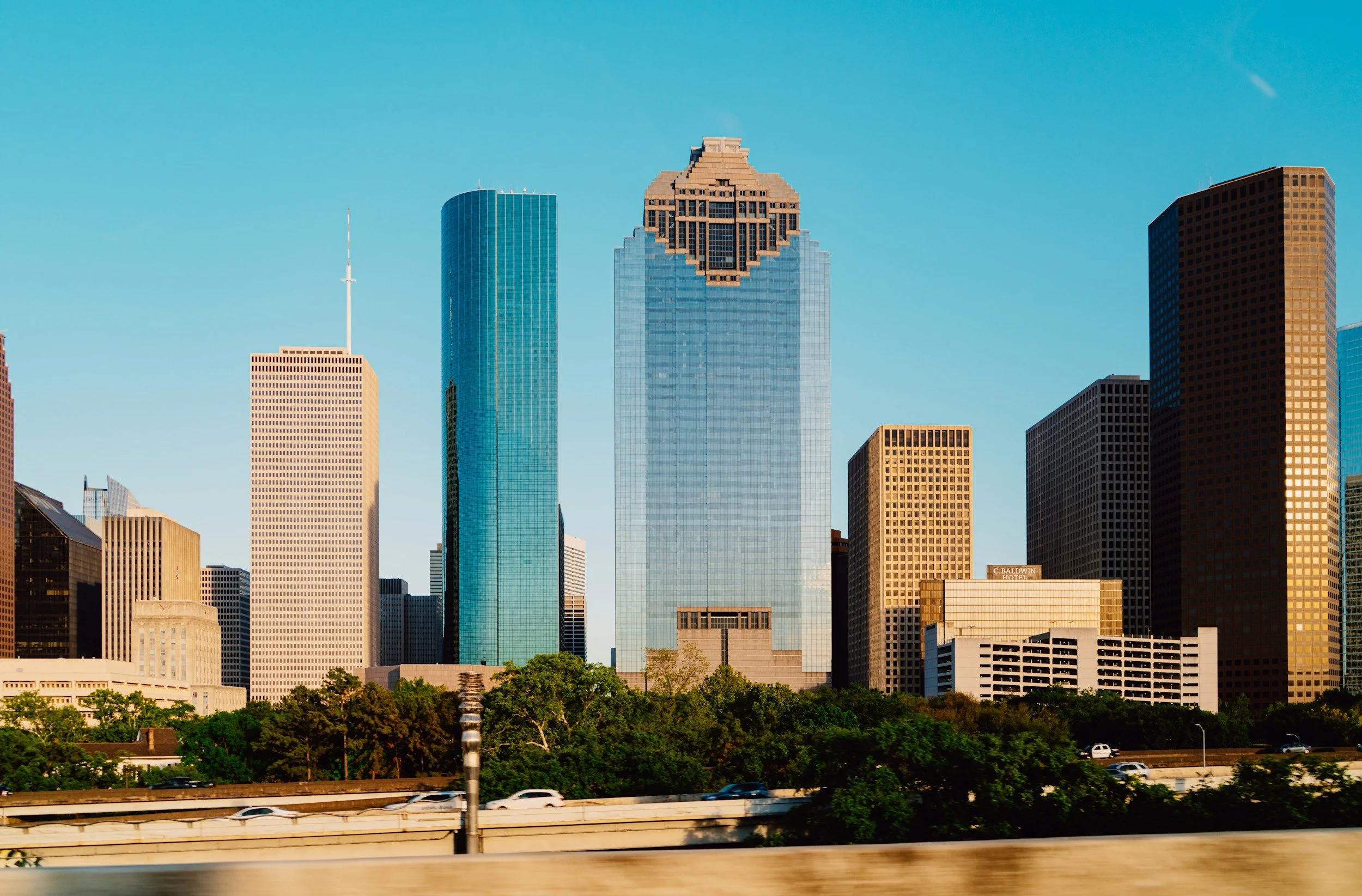
Frequently Asked Questions
Permit Expediting & Entitlement Consulting — California
-
Ocean Permits manages the entire building permit process from start to approval. We handle application preparation and submittal, coordinate plan reviews, respond to correction notices, and track permits through issuance.
By working directly with local jurisdictions and project teams, we streamline approvals, reduce delays, and minimize resubmittals, helping residential and commercial projects in California move forward smoothly and efficiently.
-
California’s permitting requirements are detailed, highly regulated, and vary significantly by city and jurisdiction. Navigating local codes, zoning rules, and agency reviews without expert support can lead to delays and costly resubmittals.
Ocean Permits helps streamline the process by ensuring applications are complete, accurate, and fully compliant from day one. By managing requirements proactively and coordinating with local authorities, we reduce timelines, prevent unnecessary revisions, and help projects move forward faster and with fewer surprises.
-
Ocean Permits supports a wide range of residential, commercial, and entitlement-related projects, including:
Residential projects such as new construction, remodels, ADUs, and additions
Commercial projects including tenant improvements, ground-up construction, and restaurants
Industrial and light manufacturing facilities
Multi-location rollout programs
Childcare centers and educational facilities
Mixed-use developments
Code Violation Letters and legalization projects
Entitlements, including Conditional Use Permits (CUPs), Variances, Change of Use approvals, Subdivision approvals, and Lot Mergers
Our team manages both straightforward and complex permitting scenarios, ensuring projects are compliant, coordinated, and positioned for efficient approval.
-
Ocean Permits works with clients throughout California, supporting projects in major metropolitan areas as well as smaller jurisdictions with unique permitting requirements.
Our service areas include Los Angeles County, Orange County, the Inland Empire, San Bernardino County, Ventura County, San Diego, San José, San Francisco, and Sacramento, along with surrounding cities and municipalities across the state.
Because permitting rules vary widely by jurisdiction, our team adapts to local processes and agency requirements to help ensure efficient, compliant approvals wherever your project is located.
-
While requirements vary by jurisdiction and project type, most permitting applications require the following documents:
Architectural plans
Structural drawings and calculations (if applicable)
Title 24 energy compliance documentation (California projects only)
Site surveys or soils reports, when required
Correction letters for revisions or resubmittals
Agency-specific forms, approvals, or clearances
Our team reviews all documentation upfront to ensure submissions are complete, accurate, and compliant, helping reduce delays and avoid unnecessary resubmittals during plan review.
-
To support rebuilding efforts in impacted areas, Los Angeles County and the City of Los Angeles have established One-Stop Permit Centers designed to simplify and expedite the permit application process.
These centers bring multiple reviewing departments together in a single coordinated process, allowing applicants to submit plans, receive guidance, and track approvals more efficiently. Programs such as LA County Recovers+ help streamline rebuilding permits by reducing redundancies, improving communication between agencies, and accelerating review timelines.
Ocean Permits helps clients navigate the One-Stop Permit Center process, ensuring submissions align with agency requirements and that applications move smoothly through review toward approval.
-
Quality control is critical to preventing delays during the rebuild permitting process. Ocean Permits performs rigorous internal reviews on every submission to ensure plans and documentation meet city- and county-specific rebuild requirements.
Our team cross-checks applications against rebuild-specific submission checklists, including guidelines outlined in Emergency Orders and recovery programs such as L.A. City Recovery, before plans are submitted for review.
By identifying issues early and ensuring submissions are accurate, complete, and compliant, we help avoid common corrections or rejections that can add weeks—or even months—to approval timelines. This proactive approach allows rebuild projects to move forward more efficiently and with fewer disruptions.
-
Permitting advocacy ensures your project remains actively represented throughout the approval process. Ocean Permits acts as a dedicated liaison between you and city and county departments, including Planning, Building & Safety, Fire, Public Works, and other reviewing agencies.
We follow up proactively with reviewers, clarify requirements, resolve issues as they arise, and help maintain momentum—especially in urgent rebuild and recovery contexts where timelines are critical.
By advocating on your behalf and keeping communication consistent across agencies, Ocean Permits helps keep your project visible, prioritized, and moving toward approval with fewer delays.
Permit Expediting Entitlement Consulting — Arizona
-
Commercial projects in Arizona can be complex due to the state’s rapid growth and the variety of local regulations across jurisdictions. Successfully navigating the permitting process often requires detailed coordination, local expertise, and proactive management.
Multiple Jurisdictions, Multiple Rules
Arizona includes numerous cities and counties—each with its own building codes, zoning requirements, and permitting processes. What works in Phoenix may not apply in Scottsdale or Tucson, making cross-jurisdictional projects time-consuming and challenging to manage.
Complex Zoning and Land Use Requirements
Commercial developments must comply with local zoning, land use, parking, landscaping, and signage regulations. Securing approvals often involves multiple departments, public hearings, and, in some cases, variance or entitlement requests.
Coordination with Multiple Agencies
Beyond the building department, commercial projects frequently require approvals from several agencies, including:
Planning & Zoning
Public Works
Fire Departments
Health & Environmental Agencies
Utility Providers
Coordinating requirements across these entities can significantly impact timelines if not managed properly.
High Risk of Delays and Cost Overruns
Incomplete submissions, missed requirements, or failed inspections can result in:
Permit resubmittals
Project delays
Increased construction and holding costs
Ocean Permits helps mitigate these risks by managing permit expediting and entitlement consulting services in Arizona—ensuring submissions are accurate, coordinated, and positioned for efficient approval.
-
Ocean Permits supports a wide range of residential, commercial, and specialized projects throughout Arizona, including:
Residential projects, such as new construction, remodels, additions, and ADUs
Commercial projects, including retail, office, restaurants, tenant improvements, and industrial facilities
Mixed-use developments and institutional projects
Legalization of unpermitted work and compliance-driven projects
Our team is experienced in managing both straightforward and complex permitting scenarios across Arizona jurisdictions, helping ensure projects are compliant, coordinated, and positioned for efficient approval.
-
Ocean Permits provides permit expediting and consulting services throughout Arizona, supporting projects in major metropolitan areas as well as surrounding municipalities.
Our service areas include Phoenix, Scottsdale, Tempe, Mesa, and Chandler, along with Tucson, Oro Valley, and Marana. We also work extensively across Maricopa County, Pima County, and nearby jurisdictions, adapting to local permitting processes and requirements.
By understanding the nuances of each city and county, Ocean Permits helps ensure efficient, compliant approvals wherever your project is located in Arizona.
-
While requirements vary by city and project type, most Arizona permitting and entitlement applications require the following documents:
Architectural and engineering plans
Structural calculations, when applicable
Energy compliance documentation, based on 2018 or 2021 IECC codes or local requirements
Soils or geotechnical reports, if required
Prior approvals, inspection reports, or correction letters, when applicable
To simplify the process, Ocean Permits provides a tailored submittal checklist specific to your project and jurisdiction, helping ensure applications are complete, compliant, and positioned for efficient review.
Permit Expediting Entitlement Consulting — Florida
-
Florida has some of the most stringent building codes in the United States due to hurricane exposure, high wind loads, flood zones, and coastal conditions. Both residential and commercial projects must comply with the Florida Building Code (FBC), which sets rigorous standards for safety and durability.
Projects are required to meet structural, electrical, mechanical, and energy compliance requirements, with additional considerations for wind resistance, floodplain management, and hurricane preparedness depending on location.
Ocean Permits helps navigate Florida’s complex code requirements by ensuring plans and documentation align with FBC standards and local amendments, reducing the risk of corrections, resubmittals, and approval delays.
-
Because of Florida’s exposure to hurricanes, flooding, and other natural disasters, permitting requirements are significantly more complex than in many other states. Projects must meet enhanced safety and resilience standards before approvals are granted.
Florida permitting often requires compliance with:
Wind load calculations and hurricane-resistant construction standards
Flood zone regulations, including elevation certificates and flood-proofing measures
Stormwater management and drainage system requirements
These factors add additional layers to plan reviews and agency coordination, often increasing review timelines if not handled correctly. Ocean Permits helps manage these disaster-related requirements, ensuring submissions address all applicable codes and regulations to reduce corrections, resubmittals, and approval delays.
-
Permitting in Florida often involves approvals from multiple departments and reviewing agencies, each with its own requirements, standards, and review timelines. This multi-agency coordination can significantly impact project schedules if not managed carefully.
Depending on the project scope and location, approvals may be required from:
Planning & Zoning departments
Fire Departments
Public Works agencies
Environmental and Health agencies
Utility providers
Because each agency reviews different aspects of a project, misalignment or incomplete submissions can slow approvals. Ocean Permits coordinates directly with all required agencies, managing communication, tracking reviews, and resolving issues efficiently to help keep projects moving forward with fewer delays.
-
Florida’s rapid population growth and ongoing development activity have led to high permit volumes across many jurisdictions, which can significantly impact approval timelines.
As a result, projects may experience:
Extended plan review timelines
Delays in scheduling inspections
Increased competition for fast-track or over-the-counter approvals
Without proactive coordination, these backlogs can slow progress and create uncertainty in project schedules. Ocean Permits helps navigate high-demand permitting environments by preparing complete submissions, monitoring reviews closely, and coordinating with agencies to help reduce delays and keep projects moving forward as efficiently as possible.
-
Projects in certain areas may require:
Historic preservation approvals.
Wetlands or environmental impact permits.
Special approvals for coastal or sensitive areas.
Permit Expediting & Entitlement Consulting — Texas
-
Many areas in Texas—especially near rivers, creeks, and low-lying regions—are designated as flood zones by FEMA. Projects located within these areas must meet additional permitting and design requirements before approvals can be granted.
Flood Zone Requirements
Building in designated flood zones often requires:
Elevation certificates
Flood-resistant design and construction methods
Compliance with local floodplain regulations
These requirements are reviewed closely by local jurisdictions to reduce flood risk and protect surrounding properties.
Stormwater Management Requirements
Commercial developments typically require stormwater drainage plans to manage runoff and prevent downstream impacts. Cities such as Houston, Dallas, and Austin enforce strict stormwater and drainage standards, often requiring detailed civil engineering coordination.
Permits and Approvals
Depending on project scope and location, approvals may include:
Additional civil engineering reports
Drainage permits issued by city or county public works departments
Floodplain compliance reviews and approvals
Risk Mitigation
Failure to meet flood-related or stormwater requirements can result in permit denials, enforcement actions, or costly redesigns.
Ocean Permits helps mitigate these risks by coordinating flood zone compliance, managing stormwater requirements, and ensuring submissions are accurate, complete, and aligned with local and federal regulations—helping Texas projects move forward with fewer delays.
-
Why are entitlements challenging in Texas?
Entitlement approvals in Texas can be complex and time-consuming due to strict local regulations, multi-agency coordination, and public review requirements. Successfully navigating this process requires detailed planning, local expertise, and proactive management.
Complex Zoning and Land Use Rules
Cities and counties enforce detailed zoning ordinances and land use regulations that determine what can be built and where. Commercial projects often require variances, Conditional Use Permits (CUPs), zoning changes, or special approvals, many of which involve formal reviews and public hearings.
Multiple Approval Agencies
Entitlement approvals may require coordination with several agencies, including:
Planning & Zoning departments
City Council or County Commissioners
Fire Departments
Public Works agencies
Environmental and regulatory departments
Each agency has its own requirements and review timelines, making coordination and sequencing critical to avoid delays.
Public Hearings and Community Input
Many entitlement requests—particularly for commercial or large-scale developments—require public hearings. Community input or neighborhood concerns can influence outcomes and, in some cases, extend approval timelines if not addressed strategically.
Infrastructure and Utility Requirements
Jurisdictions may require road improvements, drainage infrastructure, or utility connections before entitlements are approved. Meeting these conditions can add engineering complexity, additional costs, and extended review periods.
Environmental and Flood Considerations
Projects located near floodplains, wetlands, or environmentally sensitive areas often require additional studies, mitigation measures, and agency approvals. These requirements can significantly lengthen the entitlement process if not planned for early.
High Risk of Delays
Missing documentation, incomplete applications, or unanticipated agency requests frequently lead to resubmittals and extended project schedules.
Ocean Permits helps manage entitlement approvals in Texas by coordinating agencies, preparing complete and compliant submissions, and guiding projects through hearings and reviews—reducing risk and helping projects move forward more efficiently.
Permit Expediting Services by Location
Local expertise to navigate permitting requirements across key markets.
-

Los Angeles, CA
-

Phoenix, AZ
-

Miami, FL
-

Houston, TX
